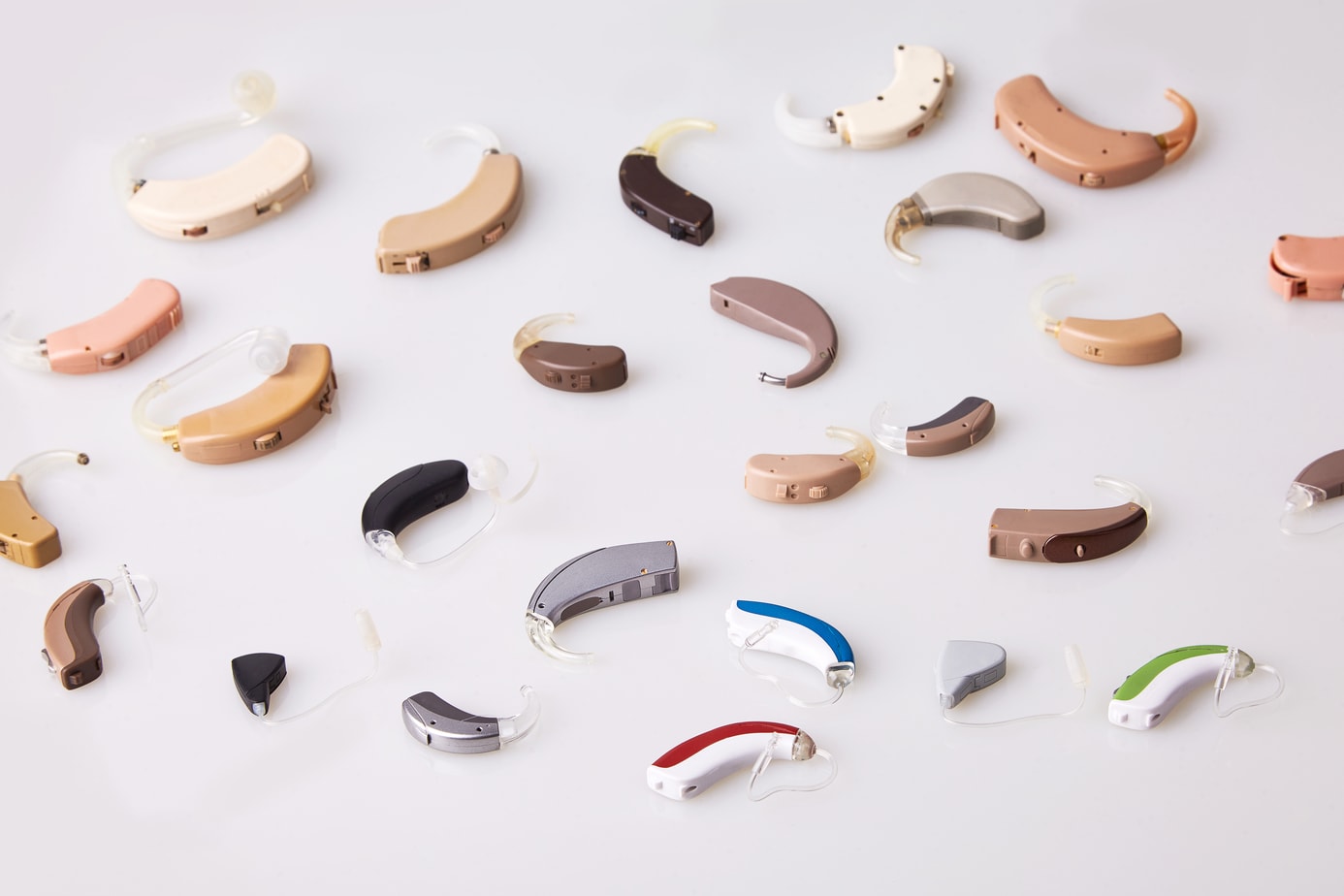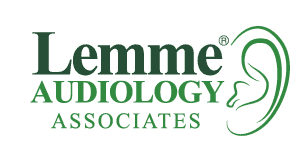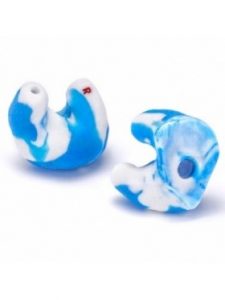Altoona Hearing Services & Treatment Options
Our Doctors can help you with …
Tinnitus Treatment
While there is no scientifically proven cure for tinnitus, there are several treatment options available which are focused on reducing the patients perceived degree and intensity of their tinnitus.
Every individual is unique in regards to the underlying cause of their tinnitus as well as the best treatment option(s) to address their tinnitus.
The first step in treating tinnitus is a comprehensive case history which focuses on identifying potential underlying causes include medical issues, side effects of medications, emotional or psychological issues, fatique and stressors that may be contributing to the tinnitus.
Second, a comprehensive audiometric (hearing) evaluation which includes tinnitus matching is conducted.
The treatment for tinnitus is often a multi-pronged approach which could include medical referral for treatment of potential medical issues. Recommendations for relaxation or stress relieving techniques, hearing aids and/or sound therapy, and educating the patient on tinnitus.
Because tinnitus is frequently associated with some level of sensorineural hearing loss, hearing aids are often recommended to address the patients hearing loss. Often a hearing aid is the solution. Hearing aids allow patients increased awareness of the sounds around them, provide increased sound on which the brain can focus and as a result lessen the patients awareness of their tinnitus while wearing the hearing aids.
Sound therapy is another option for patients. In sound therapy the patient uses a device that presents a customized type of sound, to which they listen for a prescribed period of time per day. The goal of sound therapy is for the patient to habituate or be able to unconsciously tune out their tinnitus. Sound therapy can be provided through tinnitus treatment devices only, or combination devices which provide the specific sound treatment as well as are hearing aids which can provide amplification for those patients with hearing loss.
Cognitive Behavioral Therapy or some type of relaxation therapy can also be necessary for some patients to effectively address their tinnitus. There are apps available that patients can use which can guide them through relaxation exercises; however, in some cases referral to a licensed therapist may be recommended.
A successful treatment option we provide at Lemme Audiology Associates, is Widex Zen Therapy. The Zen tones, offered exclusively in Widex hearing aids, are inspired by the relaxing effect of certain types of music. Zen plays random, chime-like tones that can be used for relaxation and for making tinnitus less noticeable. With stress named as one of the most common factors involved with tinnitus, relaxation and stress reduction are vital elements in effective tinnitus management. For some people with tinnitus, counseling and the use of hearing aids with Zen may be the key to reclaiming your life.
The effect of using Zen can be immediate but for most it will take some time. Our Audiologists will help you set realistic goals and can adjust the Zen program as needed. The Zen program is for daily use. You can use it to avoid complete silence and so reducing your focus on the tinnitus. It can also be used for meditation and relaxation purposes. Widex researchers, designers, audiologists, and engineers have been committed to helping people suffering from tinnitus, all of whom have been affected by frequent or persistent hearing disruptions.
The goal of using sound therapy technology is to:
- Decrease tinnitus awareness and/or annoyance
- Increase sense of control over tinnitus
- Improve ability to concentrate regardless of tinnitus
- Improve ability to fall asleep and stay asleep
- Hear speech and conversation more clearly
- Decrease anxiety and stress levels and enhance ability to relax
- Improve overall quality of life
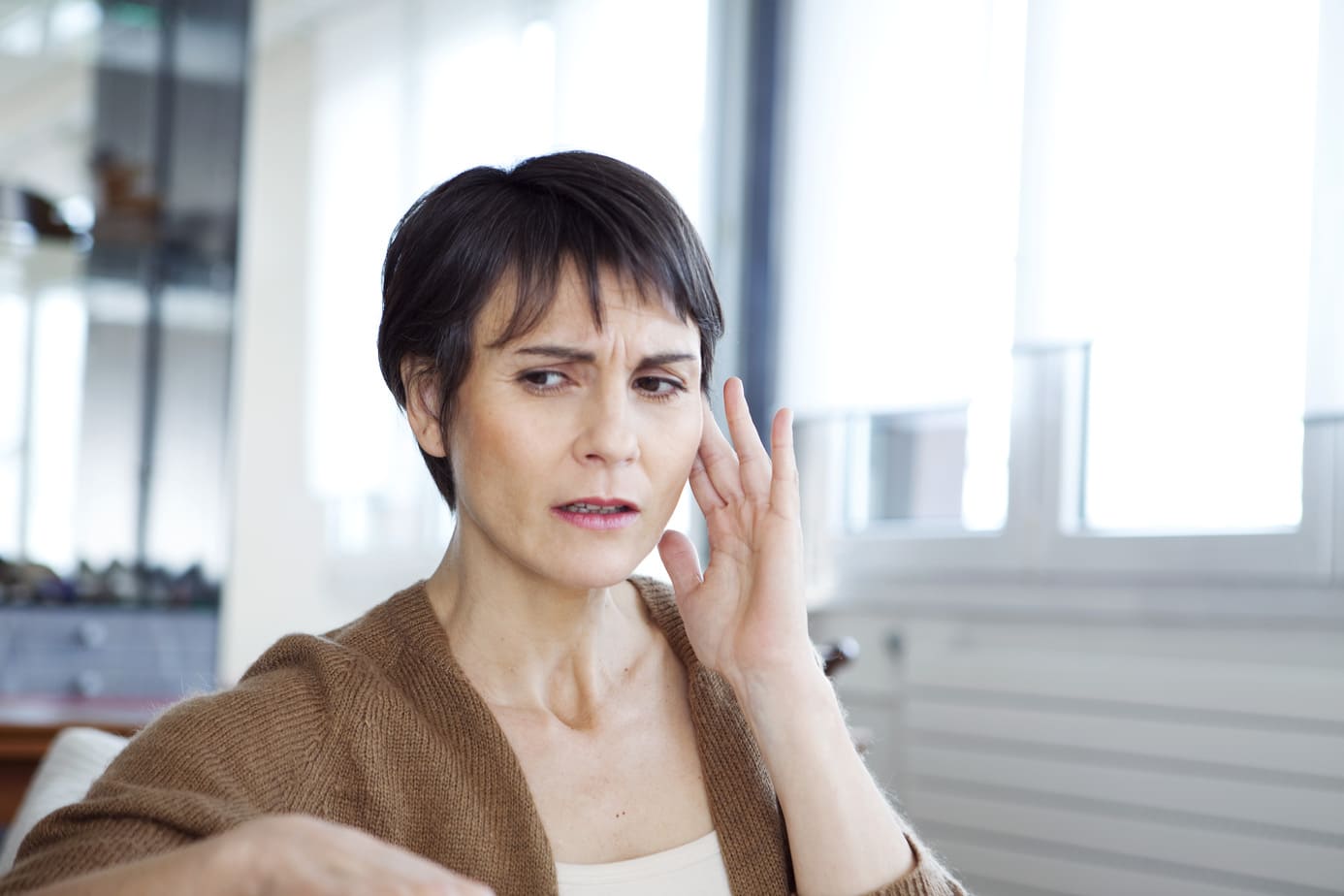
Hearing Evalutions
Comprehensive Evaluation (Hearing Evaluation)
A comprehensive hearing evaluation is necessary to identify the degree, configuration and type of hearing loss. A portion of the evaluation provides information regarding how well your brain is able to process speech. A comprehensive evaluation is necessary to determine the proper course of treatment for your ear/hearing issues.
Along with taking a history of your medical health, hearing health and medication history, some or all of the following testing will be performed during your evaluation:
QuickSIN: to evaluate speech understanding in noise
Real Ear Measurements: Lemme Audiology Associates conducts real ear measures at all hearing aid fittings, which provides an objective measure to determine that hearing aids are providing the proper prescription for your loss.
Pure Tone Air Testing : This test will discover the quietest frequency you can hear.
Bone Conduction Testing: This test will determine if have a conductive hearing loss / a problem with your middle or outer ear.
Speech Reception Threshold Testing: This test will discover how loud speech needs to be for you to hear it.
Word Discrimination Testing: This test will discover how well you can understand spoken words.
Tympanometry Testing: This test determines how well your middle ear is functioning.
Acoustic Reflex Testing: This test is helpful in determining hearing loss when a patient’s reliability is questionable.
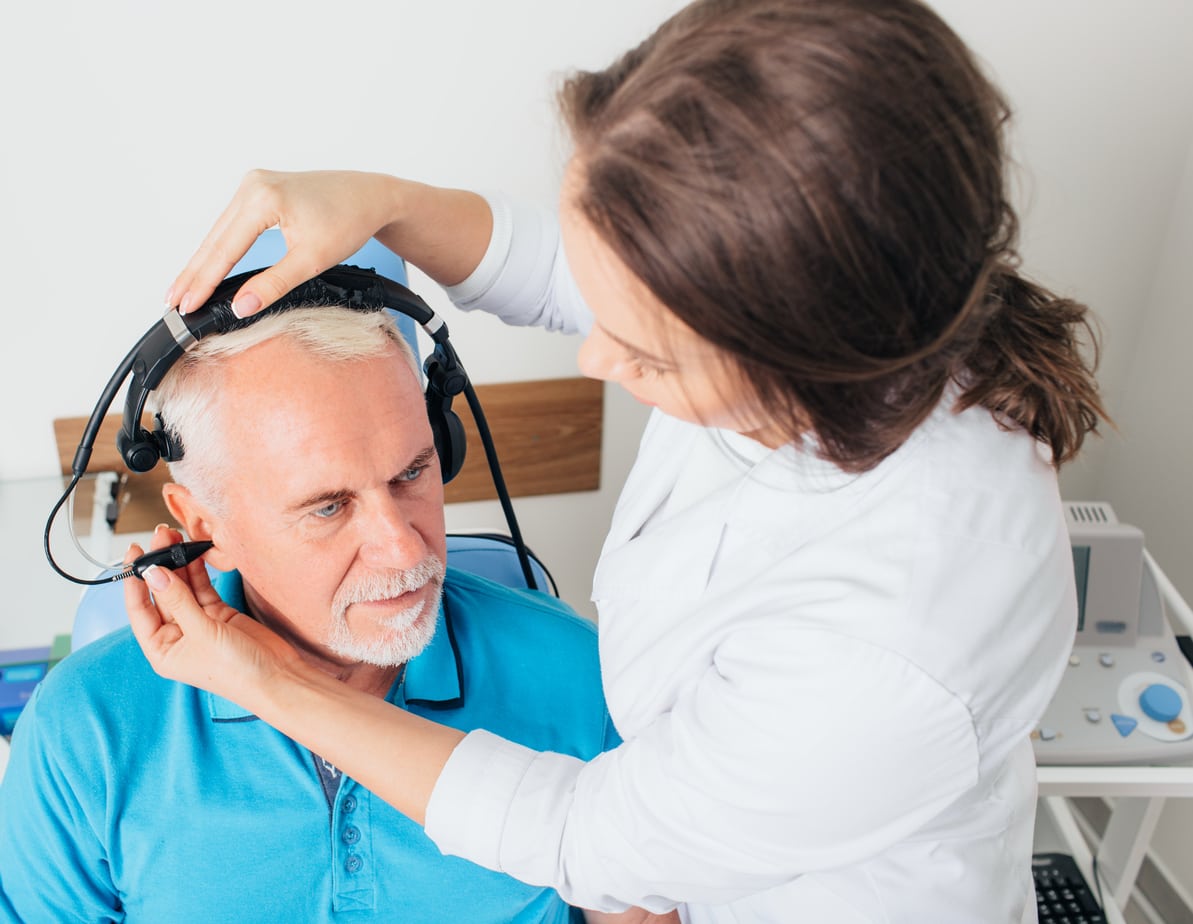
Hearing Loss Prevention
Approximately 36 million Americans have some degree of hearing loss and one out of three have developed their hearing loss due to noise exposure.
It can affect anyone of us regardless of age. Over 26 million Americans ages 20 to 69 years old already have permanent damage to their high frequency hearing that may be due to noise exposure. Did you know that more than five million children in the US between the ages of 6 to 19 reportedly have hearing loss directly caused by loud noises? As one of the most common causes of hearing loss, noise-induced hearing loss (NIHL) can be prevented.
What causes Noise Induced Hearing Loss (NIHL)?
Noise-induced hearing loss is caused by damage to the tiny structures called hair cells in the inner ear. These hair cells convert the sound that we hear (acoustical energy) into potentials (electrical signals) that travel down the auditory pathway to the brain. Hair cells that have been damaged from noise exposure cannot grow back and cause permanent sensorineural hearing loss.
It is important to follow some basic rules to protect your hearing and prevent hearing loss. Noise-Induced Hearing Loss (NIHL) can be prevented if you remember to:
- Turn it down
- Walk away
- Protect your ears
More specifically, you can:
- Limit your amount of time that you are exposed to noise
- Wear hearing protection (foam earplugs, ear muffs, custom hearing protection)
- Turn down the volume of your radio, MP3 player, television, etc.
- Avoid medications that may be harmful to your hearing
To keep your hearing healthy and to reduce your risk of noise induced hearing loss, Lemme Audiology Associates can provide you with custom hearing protection.
Customized hearing protection can effectively provide protection from noise for musicians, concert goers, shooters, those exposed to noise at work and anyone who wants to keep their hearing healthy. Custom hearing protection involves taking a mold of your ear. Once the mold is taken, it will be sent to a lab to be turned into an ear plug that fits comfortably in your ear.
To learn more about custom hearing protection and what options are available to you, call our office today to schedule a consultation with one of our Audiologists.

Reforming Hearing Clarity
Improving your understanding of speech and your environmental surroundings starts with a hearing evaluation. Your evaluation will reveal the type and severity of your hearing loss. If a medical issue is discovered to be causing your hearing loss, a recommendation to see an ENT will be made. If your evaluation reveals a treatable hearing loss, options for treatment will be discussed with you and your family. Treating your hearing loss early will help reduce time spent living with the negative effects of hearing loss and make it easier for your brain to adjust to the new sounds its been missing.
Hearing aid technology has advanced over the years. Advancements such as binaural processing, directional microphones, digital noise reduction, impulse noise reduction, and data logging can help someone who wears a hearing aid understand their surroundings and conversations more clearly.
With accessories and features such as blue tooth capability and T-Coil, today’s hearing aids have the ability to give users an extra boost in tough listening situations.
Hearing aids also now have the ability to be rechargeable. Rechargeable hearing aids eliminate the need for changing batteries every five to seven days.

Vestibular (Balance & Dizziness)
Although VNG has historically been at the center of vestibular examination, the addition of vHIT, Rotary Chair, VEMP, BAER, ECochG, Gans Sensory Organization Performance Test (SOP) and Computerized Dynamic Visual Acuity Test (CDVAT) offers a powerful synergistic and comprehensive test battery. Combined, these tests offer a more efficient and efficacious means of management for the dizzy patient.
These tests are non-invasive and normally are comfortable for the patient.
Ask your physician for a referral to LAA Center for Balance at Lemme Audiology Associates for vestibular testing.

Maintenance
It is important to treat your hearing aid with care. You will keep it in working order for many years and minimize potential problems during everyday use. Hearing aids may be sturdy, but they cannot withstand improper use.
- Protect your hearing aids from dirt
Always make sure that your fingers are clean and dry before touching your hearing aid. The microphone input is very small and can become blocked through improper handling.
- Protect your hearing aids from moisture
Remove your hearing aids before showering bathing or swimming. Due to the high ambient humidity, you should not leave the devices in the bathroom. Clean your ears occasionally before inserting the hearing aids.Please note that moisture and condensation may damage the electronics in your hearing aids. We recommend removing the battery from the device at night, leaving the battery compartment open. Use a special drying aid available from your hearing care professional.
- Keep the devices away from children and pets
Store your hearing aids out of the reach of children and pets. Removed but not deactivated devices emit high sounds that may be aggravating to some dogs.
- Avoid contact with hairspray or make-up
The fine particles of hairspray or powder make-up may clog the microphone input and volume control switch. Remove your hearing aids before using body care products.
- The correct care
In order to be fully functional, your hearing aids need to be clean at all times. Clean the devices with a soft, dry cloth. Never use alcohol, solvents or cleaning agents. Special care products for your hearing aid are available from your hearing care professional, who will also check the devices for ear wax residue and make sure that it is in working order.
- Keep your hearing aids in a safe place
When your hearing aids are not in use, it is best to keep them in the drying set. Always carry the hearing aids in their case to protect them from damage and dirt. If you don’t use your hearing aids for a while, please remove the batteries.
- Leave all repairs to an expert
Screwdrivers and oil are the enemy of all hearing aids. If they come in contact with the electronic or micro-mechanical systems, it leads to irreparable damage. The delicate technology is very sensitive and can be destroyed though improper handling.
Our Walk In Hours are available to you for cleanings and minor repairs of your hearing aids. Please visit our Office Hours page to learn more.
